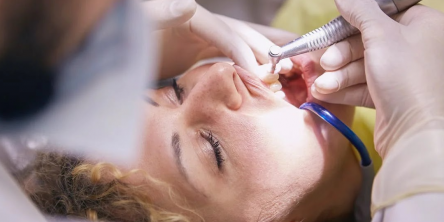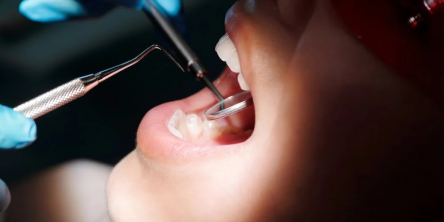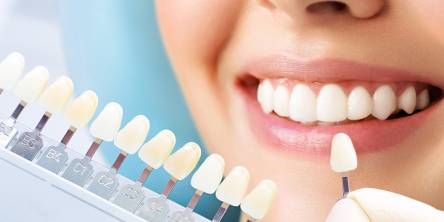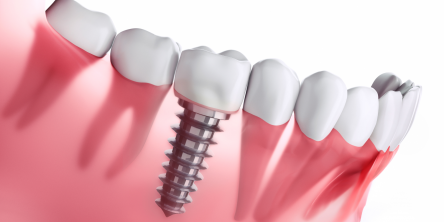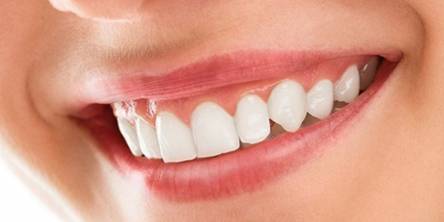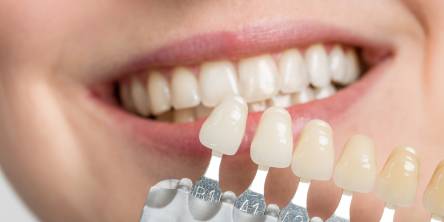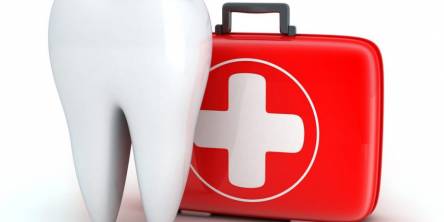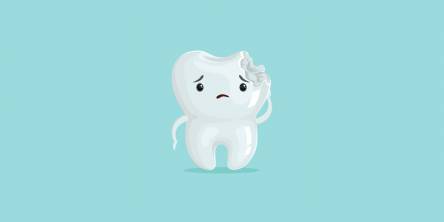6 Tips on Proper Dental Hygiene for Children
The overall health of your kid depends significantly on how they take care of their teeth and gums. For your child to speak, eat, and smile without discomfort, they need healthy teeth. How can you start teaching your child the importance of practicing proper dental hygiene? All of the teachings should start as soon as infancy.
Here are a few tactics that should help you go in the right direction:
1. Check if your kids are brushing properly
If your kid is younger than eight years old, you must watch over them to make sure they clean their teeth twice daily using the appropriate technique. Monitor your kid brushing their teeth, offer guidance as they go, and intervene as necessary to brush any areas they might have missed.
2. Establish a proper dental hygiene routine
Even while brushing their teeth may never be their favorite activity, if you incorporate it into an everyday routine, it will begin to feel more normal. Make sure they always clean their teeth at the same time each day. You might, for instance, make it the final activity kids complete before sleeping and leaving for school. Regardless of how busy you are, you must complete this step of the process.
3. Teach your child proper flossing
For excess plaque and food fragments to be removed from between the teeth, which is where cavities frequently form, your kids must regularly floss their teeth. Start by showing the proper technique on your own teeth, as flossing can be challenging for young children. After that, assist them in positioning the floss in their own mouths. If your child has trouble using regular floss, flossing picks could be more manageable for them. Until kids get more comfortable doing it by themselves, you can help by flossing the rear teeth and those that are challenging for them.
4. Encourage healthy nutrition
Your child's nutrition has a direct impact on their dental health. Unrestricted consumption of sugary drinks, candy, juices, and other junk food won't promote healthy teeth and gums. Additionally, young children who desire unhealthy, sugar-packed diets are more likely to be into similar foods as adults. Choose healthy snacks instead. Snacks that are good for your child's teeth include apple slices, string cheese, whole-wheat pretzels, peanuts, and yogurt.
If you prefer sometimes to treat your kids, keep in mind that everything tastes better in moderation. Birthday cake and sweets should not be regular meals for your child, but they should be enjoyed on special occasions.
5. Be a role model
Your children look up to you as role models. So make it a priority to look after your own and your children's oral health. Ensure your children see you flossing, brushing, and eating nutritious meals.
6. Visit a dentist regularly
Your children should visit a pediatric dentistry office at least once a year. To keep dental health intact, those regular examination is crucial. A pediatric dentist is frequently a better choice for kids than a regular dentist. These professionals are actual authorities on how teeth develop in children, and they also know how to speak to kids in a way that makes them feel comfortable. Your healthcare professional may provide additional oral hygiene information to your child, and research suggests that children are sometimes more responsive to guidance from doctors other than their parents.
Their natural teeth can last your child their whole life with the support of good dental hygiene practices that start in infancy. Your kids will continue healthy habits into adulthood if they learn good oral hygiene at an early age. To make sure you're preserving your child's dental health, consider following the aforementioned tips. If you have any questions or concerns, speak to an experienced pediatric dentist.
Similar Articles
Most individuals have heard the term "dental crown" before. However, few people understand crown lengthening or why it is necessary. Dental crown lengthening is frequently an essential step in preparing your teeth for a dental crown.
Dentists successfully use dental sealants to prevent patients' teeth from serious deterioration in many cases. This inexpensive prophylactic medication is usually recommended for younger children, but it can also benefit adults.
Pregnancy is undoubtedly an exciting period in one's life. All expectant mothers will agree that as they find out they're expecting, they instantly begin to question if any things were previously safe but are no longer because of the baby. This is particularly true for dental operations.
Cosmetic dentistry has grown in popularity recently, allowing people to improve their smiles and confidence. Despite its rising popularity, cosmetic dentistry has become saturated with myths and misconceptions. This article will debunk the top seven myths, shedding light on the reality behind these common misconceptions.
When you lose an adult tooth, it is critical for your dental health that you replace it. If you don't, you risk teeth moving, increased oral instability, and tooth loss. It could harm the underlying bone. An endosteal implant, often known as a dental implant, is one option for restoring missing teeth.
A smile makeover is a process that improves the appearance of the smile by combining various cosmetic dental procedures, such as braces or Invisalign to correct misaligned teeth, teeth whitening to brighten up discolored teeth, and a dental crown or porcelain veneers to cover unsightly flaws like chips or discolored spots.
Dental veneers are one of the most expedient ways to achieve the bright, healthy smile of your dreams. Whether you are self-conscious about stained teeth or want to conceal a chipped tooth, veneers can provide a satisfying solution.
When you experience dental pain, you should be aware of whether you require emergency dental care and whether your dental insurance policy covers you. Not all dental disorders necessitate rapid treatment. A toothache, a damaged tooth, or pain from a dental crown are severe dental problems, but they are not always emergencies, so it is best to plan ahead of time.
Tooth decay, commonly known as dental caries or cavities, is a common oral health problem that affects people of all ages. While much has been discovered about the causes and prevention of dental decay, numerous myths still exist

